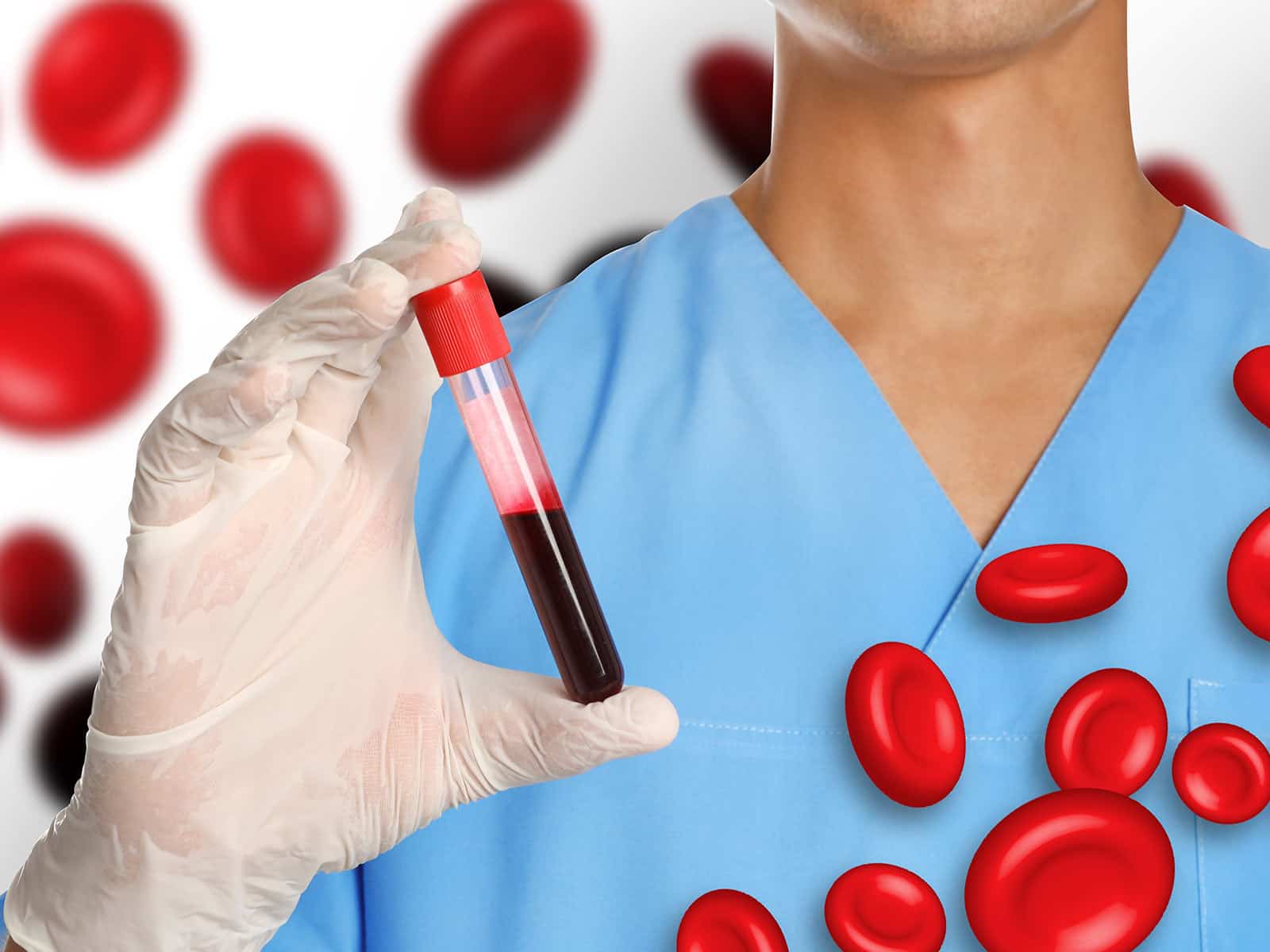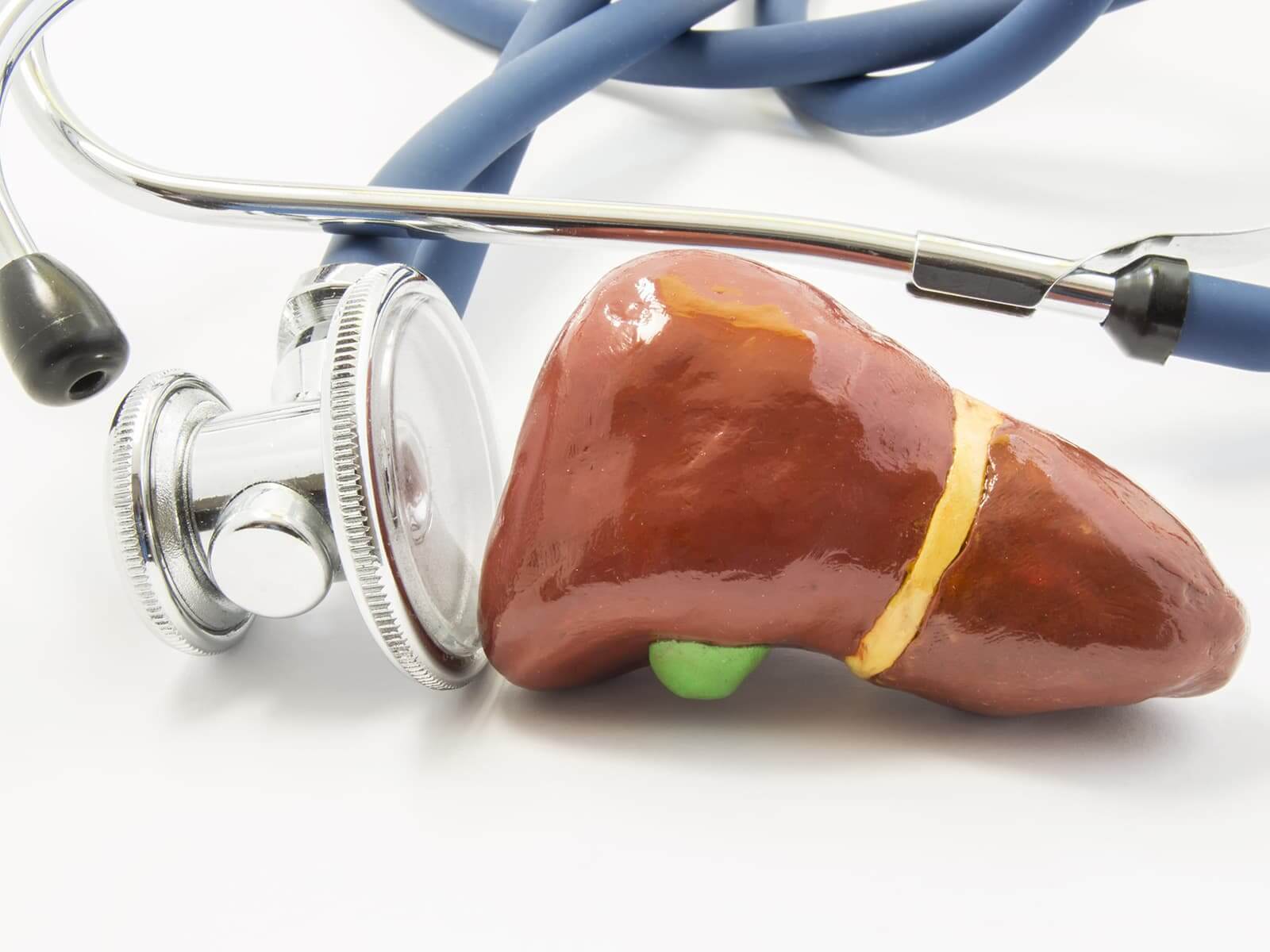Our expert care for non-bleeding duodenitis provides gentle treatment and personalized support for lasting relief.
Read More

Our expert care for non-bleeding duodenitis provides gentle treatment and personalized support for lasting relief.
Read More
Our dyspepsia service delivers expert diagnosis, personalized dietary guidance, targeted medication plans, and soothing relief.
Read More
Our dysphagia service assesses swallowing issues and provides personalized therapy to ensure safe, comfortable eating.
Read More
We offer early satiety evaluation with tailored nutrition strategies to help you enjoy comfortable meals.
Read More
We offer expert screening, minimally invasive treatment, and compassionate support for squamous cell cancer patients.
Read More
Targeted therapy and overall assessment of eosinophilic duodenitis is useful to reduce the severity of symptoms and enhance the patient survival.
Read More
Our clinic will provide high-quality diagnosis and effective therapy of eosinophilic esophagitis to help make your everyday life to be more comfortable.
Read More
Our Eosinophilic Gastritis center provides professional diagnosis, personal therapies, compassionate assistance towards alleviation of gastrointestinal inflammation.
Read More
Our specialized clinic provides high intensity diagnosis and individual treatments to the patients with the eosinophilic ileitis.
Read More
At our clinic, we offer a diagnostic assessment and treatment with individual planning as the effective way to cope with the symptoms of Eosinophilic Jejunitis.
Read MoreGastrointestinal (GI) conditions include acid reflux (GERD), irritable bowel syndrome (IBS), Crohn’s disease, ulcerative colitis, celiac disease, constipation, diarrhea, and more. Our specialists diagnose and treat a wide range of digestive disorders.
If you experience frequent symptoms such as bloating, abdominal pain, acid reflux, constipation, or diarrhea, it’s recommended to see a gastroenterologist for evaluation and diagnosis.
You should consult a gastroenterologist if you experience persistent digestive issues, blood in stool, unexplained weight loss, severe abdominal pain, or difficulty swallowing.
Common diagnostic procedures include endoscopy, colonoscopy, stool tests, breath tests, imaging scans (CT/MRI), and lab work to assess digestive function.
Some GI conditions, like Crohn’s disease, ulcerative colitis, and celiac disease, have genetic components, meaning they can run in families. However, environmental and lifestyle factors also play a role.
Maintaining a healthy diet, staying hydrated, exercising regularly, managing stress, and avoiding smoking and excessive alcohol consumption can help prevent digestive issues.